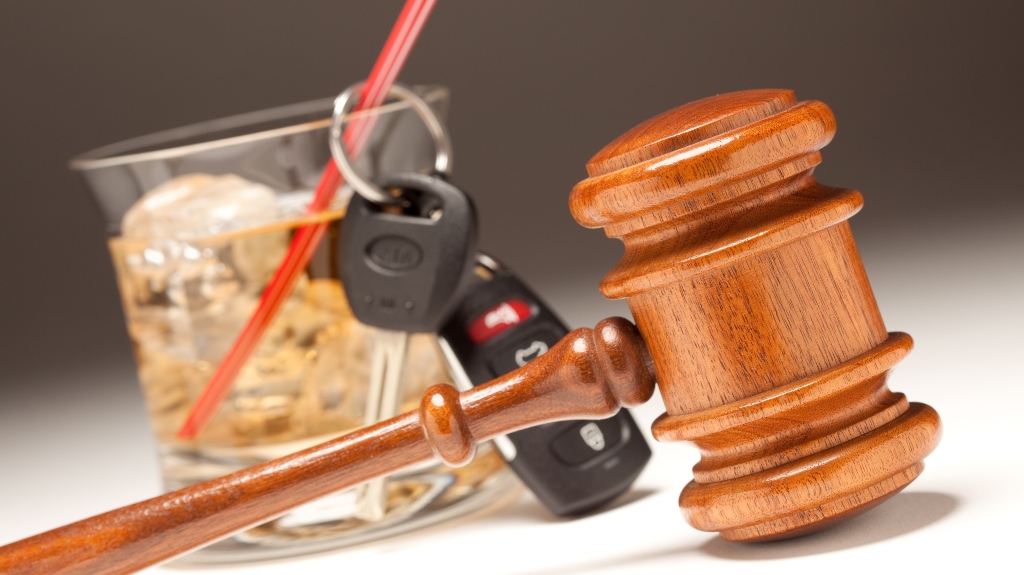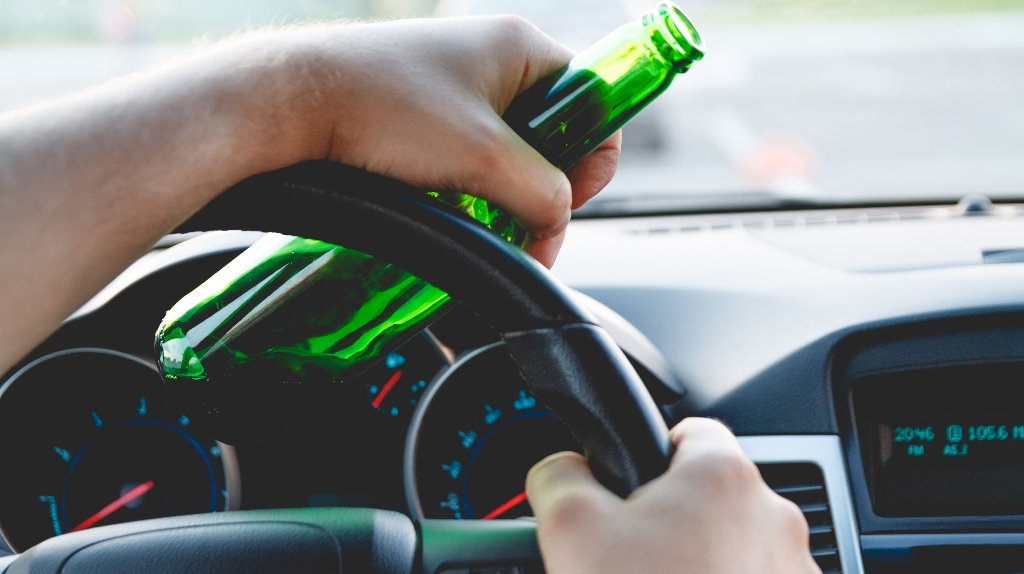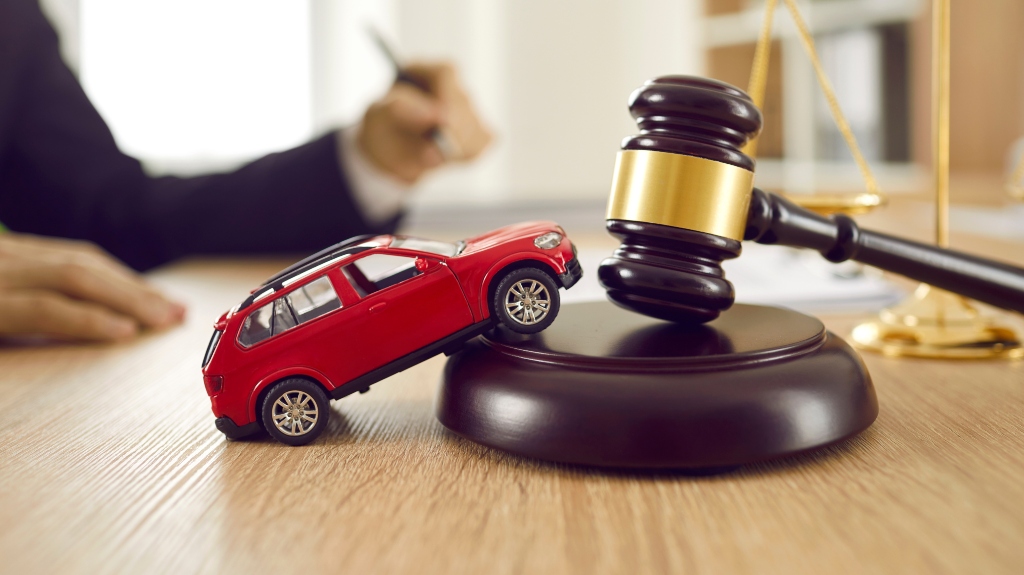Elements of an OUI Charge
In order to be convicted of OUI, a prosecutor must prove each element of the charge beyond a reasonable doubt. An element is a component of a crime, and there are usually multiple elements or components that make up a crime. A prosecutor must present evidence of a set of facts to prove that each and every component had occurred in order for you to be convicted or found guilty of that crime.
However, if a prosecutor fails to or is unable to provide evidence of any one of the elements or components, he or she will not be able to meet his or her burden of proof under the law. If the prosecutor is unable to meet the burden of proof, you cannot be found guilty of the crime.
In Massachusetts, a prosecutor must prove the following three elements beyond a reasonable doubt in order to obtain a conviction for OUI under G.L. c. 90, § 24:
- Operation of a motor vehicle
- On a public way
- While under the influence of intoxicating liquor or drugs
The government must produce evidence at trial to prove each of these elements. If they are unable to do so, you cannot be convicted of OUI. The facts of every case are unique, and they are critical when evaluating whether proof of each of these elements exists. In some instances, there is simply no evidence of an element, while in others there may be little evidence that still provides for a very strong defense. There are many potential challenges to such evidence and possible defenses to each element. An attorney with expertise in OUI defense and in-depth knowledge of the law will be able to best evaluate your case for all of your possible defenses.
Operation
The element of operation requires the prosecutor to prove that you were operating or driving a motor vehicle. Operation under the law is not as simple as merely driving a vehicle. In Massachusetts, a person operates a motor vehicle when he or she is in the vehicle and intentionally engages some electrical or mechanical component that could set the vehicle in motion. Commonwealth v. Ginnetti, 400 Mass. 181 (1987). It is not necessary that the person is actually witnessed driving the vehicle for there to be evidence of operation. Operation could be something as simple as turning the key in the ignition. Commonwealth v. Plowman, 28 Mass. App. Ct. 230 (1990). Operation may even be found where a driver is asleep in the front seat of a parked car on a public way with the key in the ignition and the engine running. Commonwealth v. Sudderth, 37 Mass. App. Ct. 317 (1994). In some specific cases, the engine does not even have to be running for there to be proof of operation of the vehicle. Commonwealth v. Clarke, 254 Mass. 566, 150 N.E. 829 (1926).
Operation can be proved through the use of either direct or circumstantial evidence. In some cases, a police officer will directly observe a vehicle in operation, and after initiating a stop, they observe you in the driver’s seat. However, there is no direct observation of operation by the police sometimes. In that case, the police will look for evidence that ties you to being the operator of the vehicle in those circumstances.
Some types of circumstantial evidence are not enough for a prosecutor to meet their burden. For example, the fact that an unaccompanied individual is found in a vehicle on the side of the road with the engine running does not, by itself, prove that the individual operated the vehicle. An uncorroborated admission by a person that they were the driver is also not sufficient. There must be other evidence to support the fact that the individual was the driver. Massachusetts courts have found this additional evidence can include the fact that the vehicle is registered to the individual, the fact that an accident occurred and the individual appears shaken up, lack of reaction of bystanders to an assumption that the individual was driving, and the individual’s cooperation with field sobriety tests. Commonwealth v. Leonard, 401 Mass. 470 (1988); Commonwealth v. Manning, 41 Mass. App. Ct. 18 (1996); Commonwealth v. Deramo, 436 Mass. 40 (2002).
Operation must be of a motor vehicle as defined in G.L. c. 90, § 1. This definition includes all “vehicles constructed and designed for propulsion by power other than muscular power.” This includes cars, trucks, and motorcycles but excludes motorized bicycles.
Public Way
The second element of an OUI charge requires that you were operating a vehicle on a public way. Often, whether or not, you were driving on a public way is not at issue if you were driving on a roadway that is maintained by the government, and a statement from police regarding the location of the stop or incident is enough to prove this element. However, if you were stopped anywhere other than a public street or parking lot, such as a private driveway or dirt road, it may be difficult for the prosecutor to present evidence to meet this element. An experienced OUI attorney should evaluate the specific circumstances of your case for these potential issues.
The Law Offices of Joseph D. Bernard care about the future of their clients. The professionals at the firm understand your situation and will fight for the best outcome for you to get on with your life.
“Public way” as defined by G.L. c. 90 § 24(1)(a)(1) includes (1) any way; (2) any place the public has a right of access; or (3) any place the public has right of access as invitees or licensees. The physical characteristics of the location must reasonably indicate that it is open for travel. Indicators such as a paved road, street signs, traffic signals, street lights, fire hydrants, curbing, crosswalks, and patrolling by police support a finding that the location is public way.
Not all ways or places that a motor vehicle can access are automatically a “public way.” The Massachusetts Supreme Judicial Court (SJC) has declined to expand the definition of a public way to include all places to which a motor vehicle has access because the statute requires that the way be “public” and some ways and roadways are privately owned. Commonwealth v. Virgilio, 79 Mass. App. Ct. 570 (2011). Additionally, areas that are not intended for vehicular access, such as baseball fields, are not public ways. Commonwealth v. George, 406 Mass. 635 (1990).
A way on private property, marked with no trespassing signs, which an individual has no permission to use does not constitute a public way. However, just because the way is on private property does not necessarily preclude it from being deemed a public way. The public may also be permitted to travel on private property as an invitee or licensee. Invitees and licensees each have some form of permission to access the property. For example, you have permission from the property owner to drive into a restaurant parking lot. However, if the parking lot or way can only be accessed by trespassing, it is not a public way. Commonwealth v. Callahan, 405 Mass. 200 (1989).
Under The Influence
If the government can prove both the elements of operation and public way, it must then show that you were under the influence at the time of operation. This is perhaps the most challenging element of the charge, and presents the opportunity for many legal challenges.
The government must be able to show beyond a reasonable doubt that you were under the influence at the time of operation. There are two theories under which the government can prosecute an OUI case: the “per se” theory and the “impairment” theory. Under the “per se” theory, evidence of a 0.08% blood alcohol concentration (BAC) alone is enough to prove you were under the influence. Under the “impairment” theory, the prosecution uses other evidence to show your ability to drive was impaired, such as the results of field sobriety tests, the officer’s observations regarding your speech, appearance, any odor of alcohol, and your overall demeanor or reaction to stop.
Each theory is subject to both statutory and constitutional requirements, and each presents its own challenges for the prosecution. It is imperative that you have an experienced attorney to evaluate your case and potential defenses.
Lawyers Who Force the Prosecutor to Meet Their Burden
The Massachusetts DUI lawyers at The Law Offices of Joseph D. Bernard P.C. are at the forefront of defending OUI prosecutions and have in-depth knowledge of the challenges to all elements required in an OUI prosecution. The government has the burden of proving each element beyond a reasonable doubt. If you were charged with OUI, it is important that you have a lawyer with a deep understanding of the challenges to and defenses for each element of an OUI charge.




